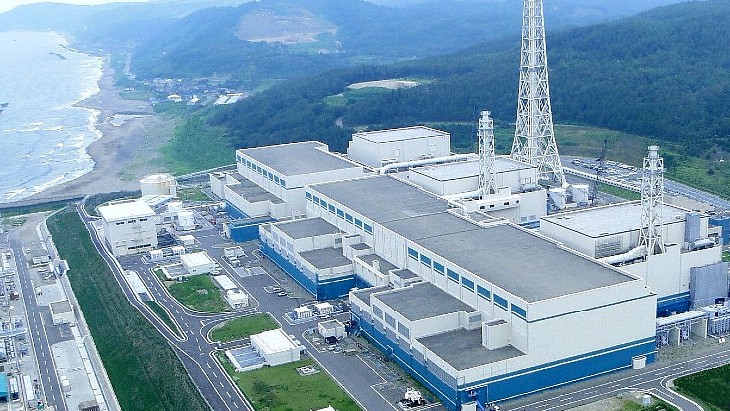The CNSC's pre-licensing vendor design review is an optional service to provide an assessment of a nuclear power plant design based on a vendor's reactor technology. It is not a required part of the licensing process for a new nuclear power plant, but aims to verify the acceptability of a design with respect to Canadian nuclear regulatory requirements and expectations.
The review involves three phases: a pre-licensing assessment of compliance with regulatory requirements; an assessment of any potential fundamental barriers to licensing; and a follow-up phase allowing the vendor to respond to findings from the second phase. These findings will be taken into account in any subsequent construction licence application, increasing the efficiency of technical reviews. The duration of each review is estimated based on the vendor's proposed schedule. A Phase 1 review typically takes 12–18 months and a Phase 2 review takes 24 months.
CNSC's review of the ARC-100 small modular reactor design began in September 2017. CNSC said four packages of 19 focus areas were included in the technical review, along with familiarisation sessions, requests for additional information, and technical discussions.
"ARC understands and has interpreted correctly the high-level intent of the CNSC's regulatory requirements for the design of nuclear power plants in Canada," the CNSC concluded. "In some cases, due to the unique characteristics of the design, ARC is proposing alternative approaches and methodologies to address the underlying intent of CNSC regulatory requirements."
The vendor design review, the CNSC said, showed that ARC needs to provide additional information on its management system processes and research and development programme if it decides to proceed to a Phase 2 review.
"Notwithstanding the above, these issues are foreseen to be resolvable and will be followed up in future phases of vendor design reviews," CNSC said.
ARC is developing the ARC-100, a 100 MWe integrated sodium-cooled fast reactor with a metallic uranium alloy core. The company in March 2017 signed an agreement with GE Hitachi Nuclear Energy (GEH) to collaborate on development and licensing, and uses proprietary technology from GEH's PRISM reactor. Both the PRISM and ARC-100 designs are based on the Experimental Breeder Reactor-II (EBR-II) integral sodium-cooled fast reactor prototype which operated at the USA's Argonne National Laboratory from 1961, finally shutting down in 1994.
Norman Sawyer, ARC Canada's president and CEO, welcomed the CNSC's conclusion of Phase 1 of the review. "This achievement demonstrates to potential clients like New Brunswick, other Canadian provinces and global markets, that we are truly a leader in SMR technology for the ever-growing energy sector," he said. "We believe that our technology, with its prototype proven and its performance documented by over three decades of successful operation, will make a major contribution to the world's growing demand for safe, low-cost, clean and reliable energy."
This is the third advanced reactor design review conducted by the CNSC, the other two being Terrestrial Energy's Integral Molten Salt Reactor and Ultra Safe Nuclear Corporation's MMR-5 and MMR-10 high-temperature gas reactor.

.jpg)



_53514_33880.jpg)


_91467.jpg)





